Monk Makes Electronics Starter Kit For micro:bit
We all started our electronics journey in very different ways. However, what is common to us all is that we all used some form of kit to hone our skills. For this generation, electronics kits are available for many different platforms, and author Simon Monk has released kits for many, but his latest kit is specific to the micro:bit and it is rather wonderful. The Electronics Starter Kit for micro:bit has been designed to enable anyone, from ages 10 upwards to take their first steps with simple electronics. The kit comes with everything that we need to create the simple experiments used to teach us the basics of electronics.
The kit comes in a rather unassuming cardboard box, but inside we find a range of Monk Makes boards, such as a Speaker, Relay and Sensor. These boards connect to the micro:bit using the included crocodile clips.
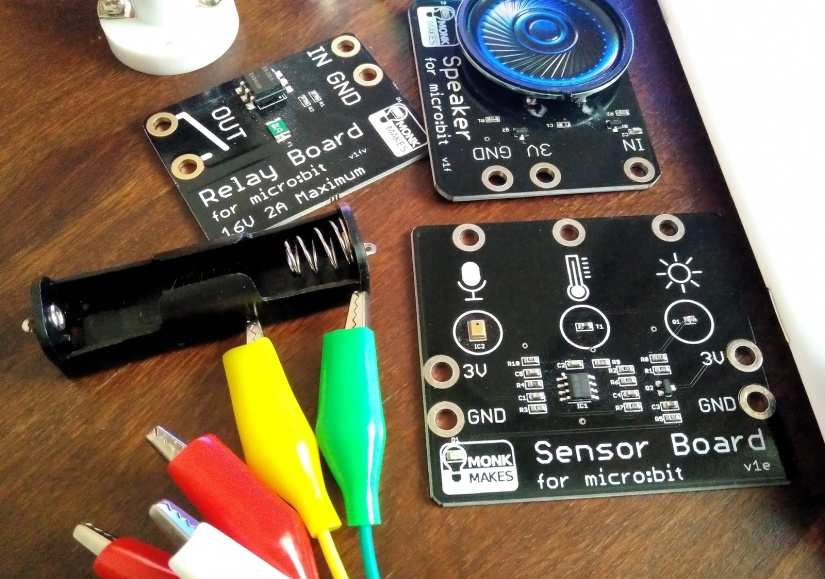
So what can we do with these boards? Well via a well-written 30-page instruction book we can create experiments to make music, control a DC motor fan and turn on an old-school bulb. The boards make these boards make the projects so easy to create. For example, the Sensor Board has three built-in sensors for temperature, UV and sound levels and by connecting this board to the micro:bit and to the relay board we could make a sound activated fan that reacts to the clap of our hands. Using the crocodile clips to make the circuits may get a little tricky, but taking each step carefully, and referring to the instructions will see you complete each project with ease.
Programming the projects is made possible using the Makecode editor, and while there is no Makecode extension to abstract the programming, it really is a matter of controlling the pins that connect to our boards. Not too difficult and the included instruction guide provides a great level of support. This again reflects the simplicity of this kit. Rather than abstraction creating simplicity and hiding the underlying workings of the code, we see the steps taken to use the components and boards to complete a project. The projects can also be programmed using MicroPython, but you will need to find your own way to create the projects (Hint: try replicating the Makecode projects in MicroPython, it is easier than you think.) For Python programmers, this is a simple matter of referring to the MicroPython for micro:bit guidance and using a great editor such as Mu.
Conclusion
This is a great kit from a man who understands his craft and his readers. You will not be led astray and at the end of the projects you will have learned so many new skills. For those of us who know our craft then this kit is a little simplistic and maybe not for you. However, as a gift, this kit offers so much potential and opportunities for children and adults to discover how electronics work in their own way. Just like when we took our first steps into the world of electronics.
Electroscore: 5/5 ![Electroscore: 5]()
Pros:
- Simple to build
- Simple to code
- Cost-effective
Cons:
- Box is not the most exciting








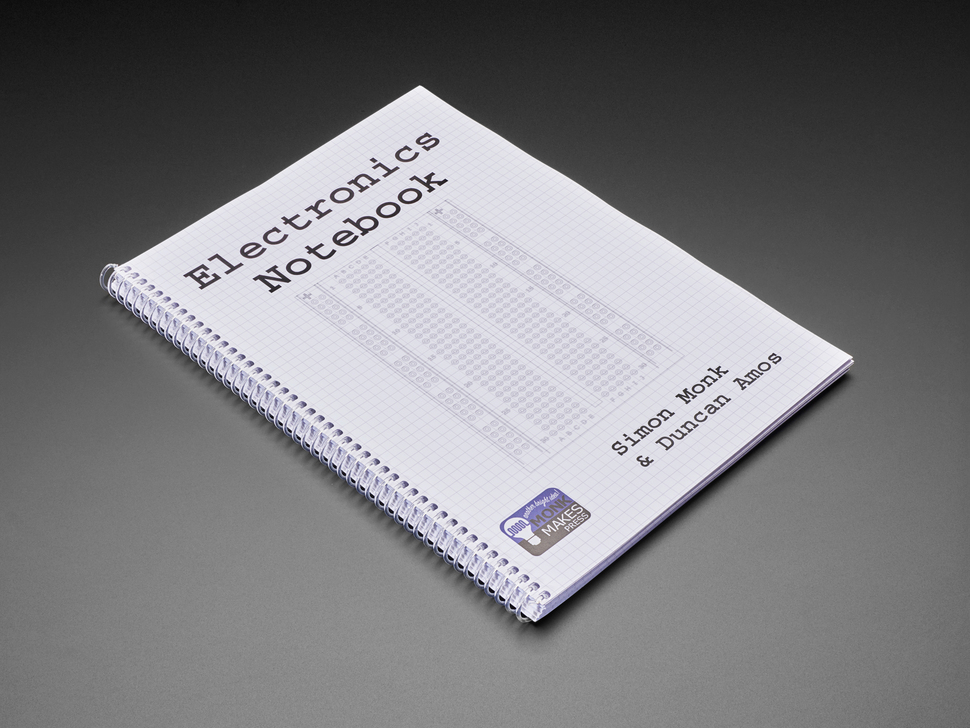
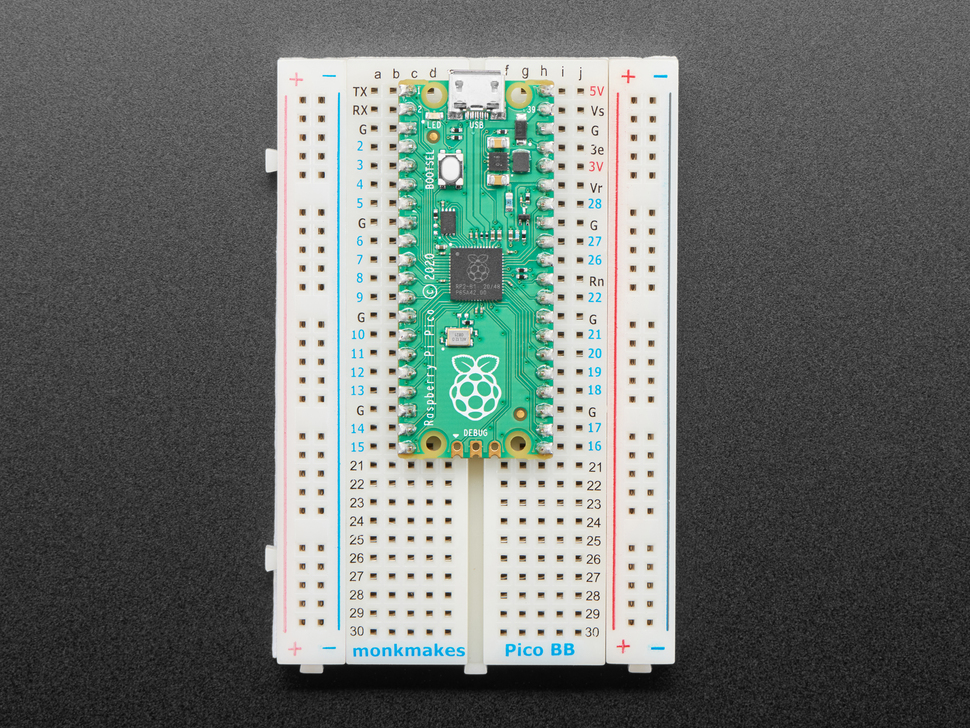
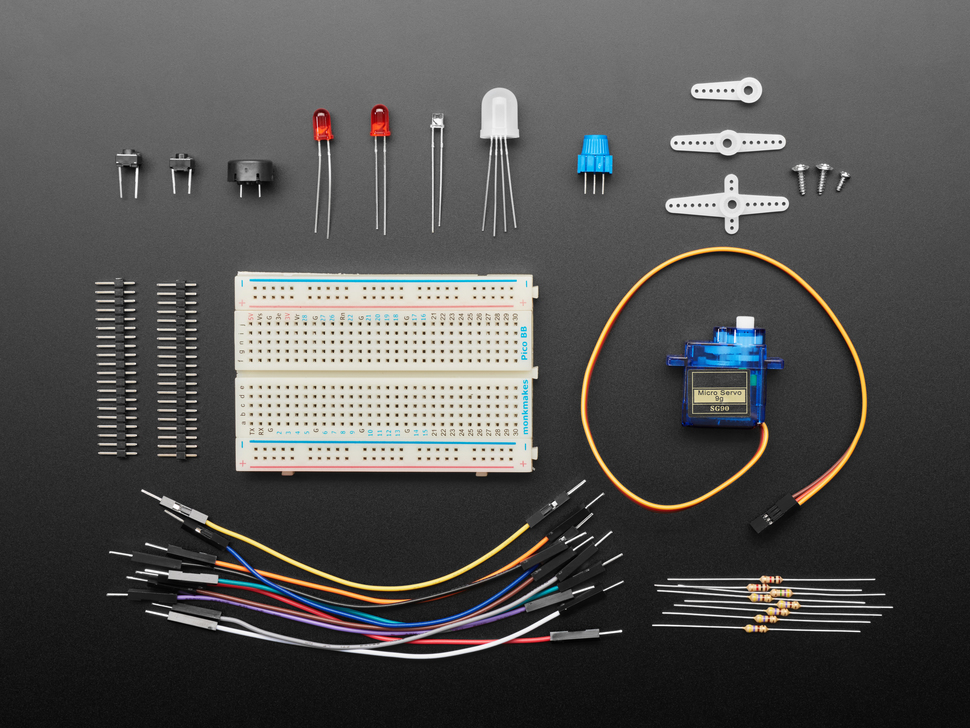
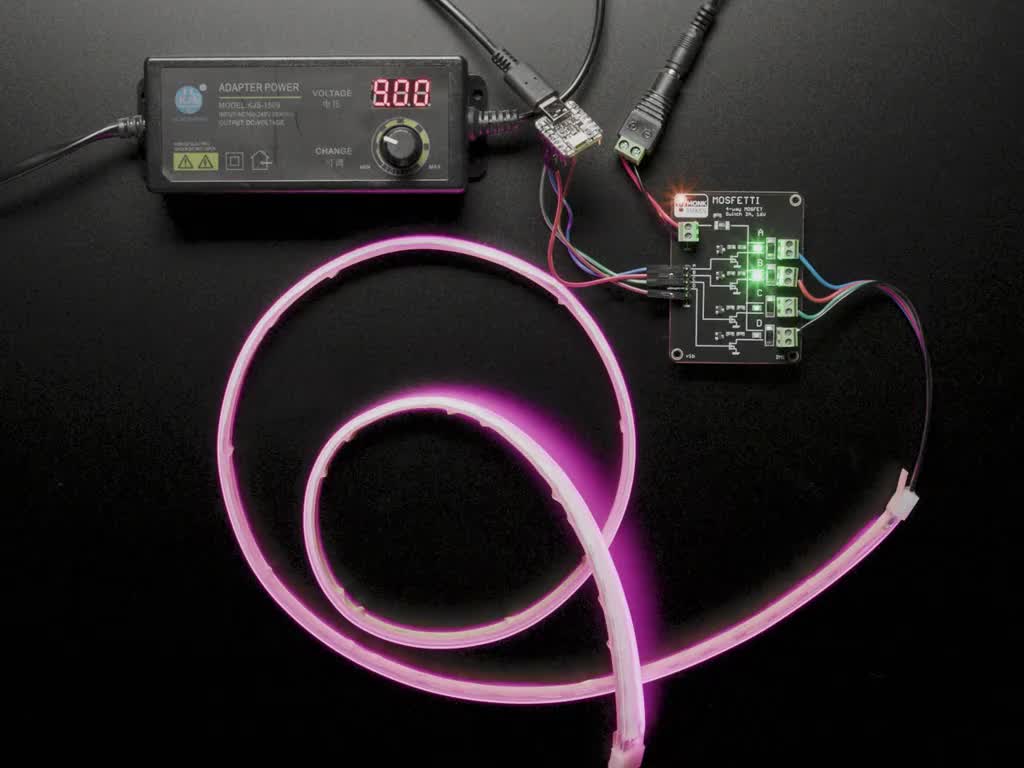
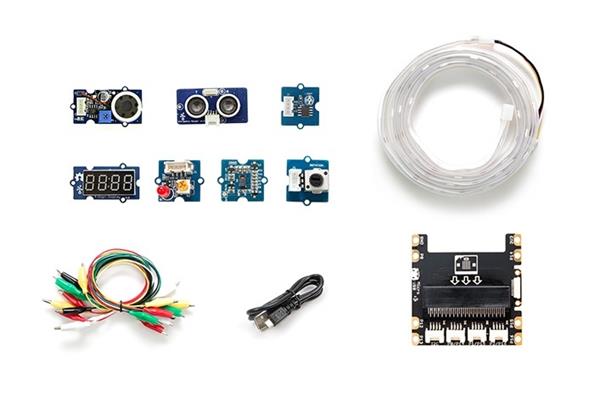
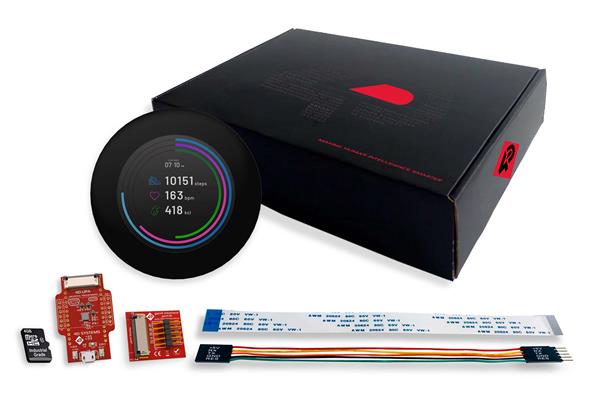
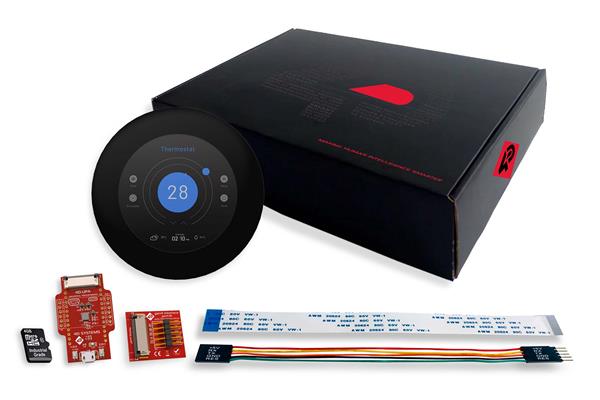
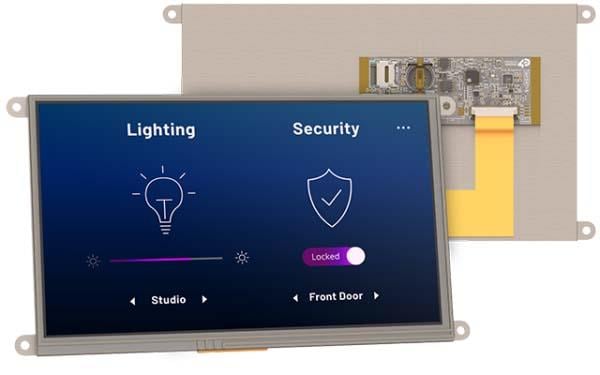

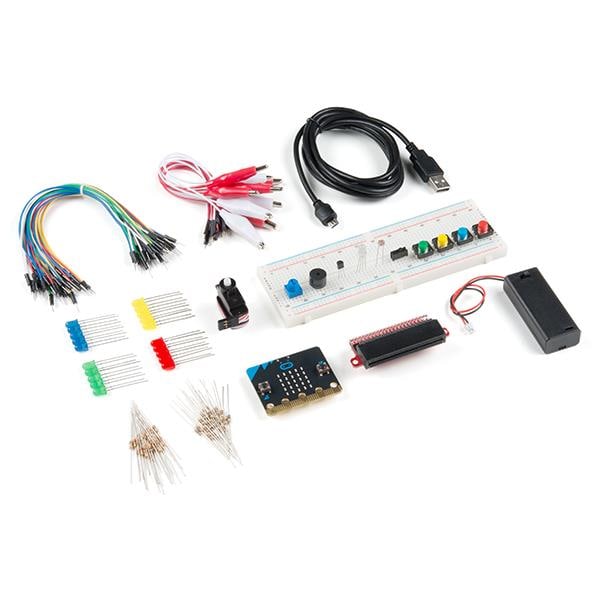
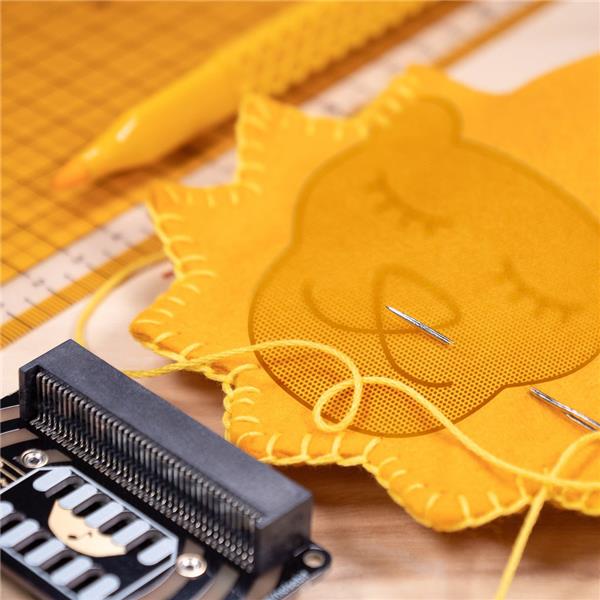
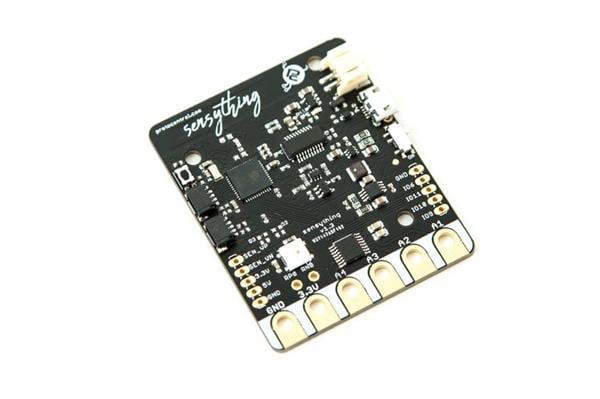
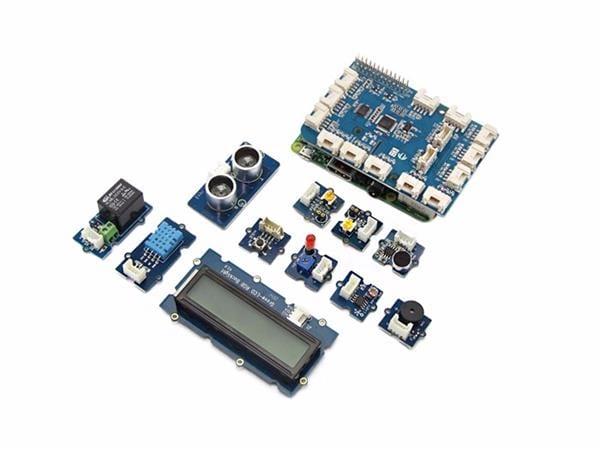
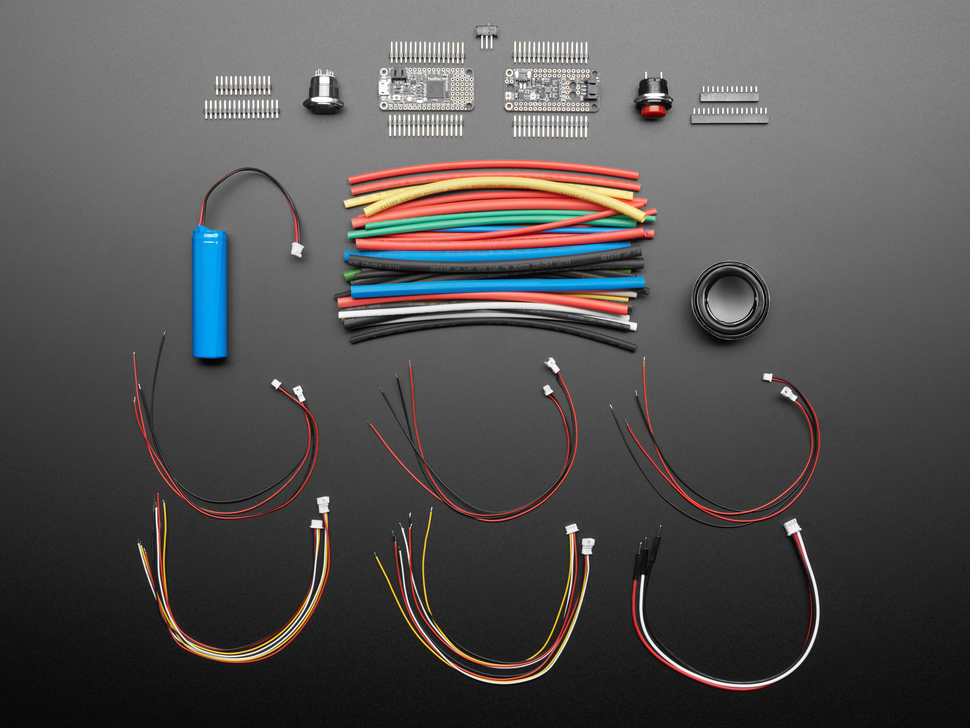
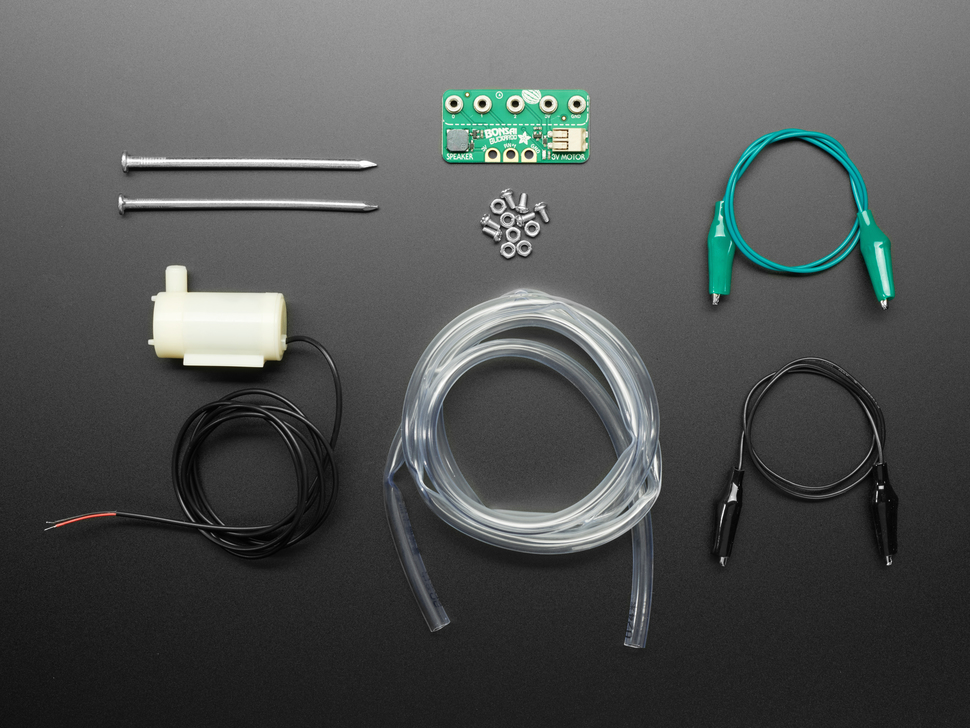
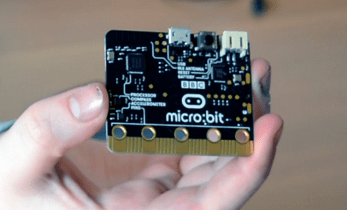
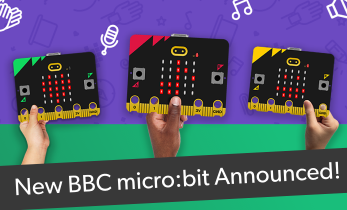

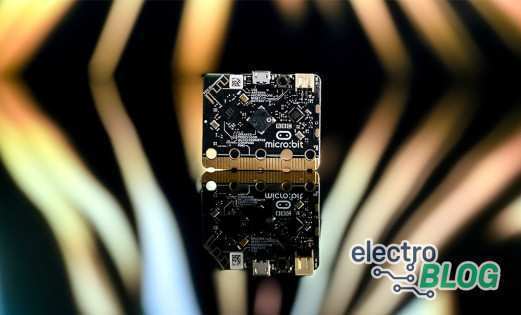

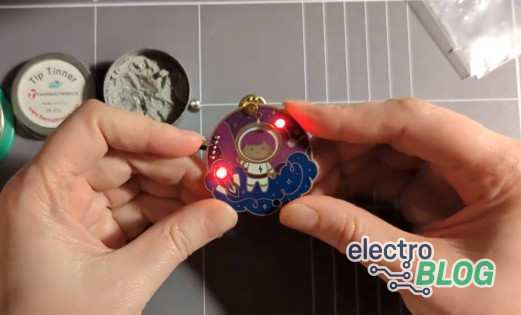
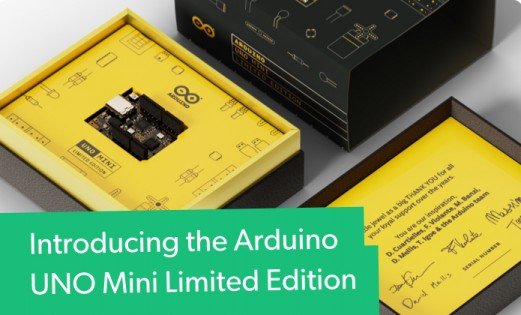
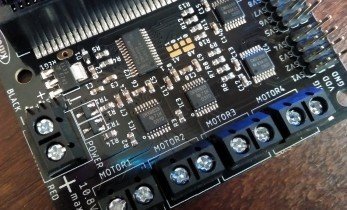
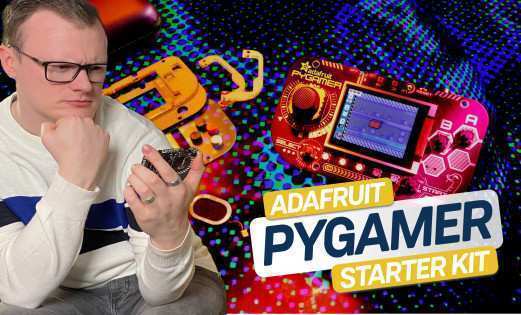

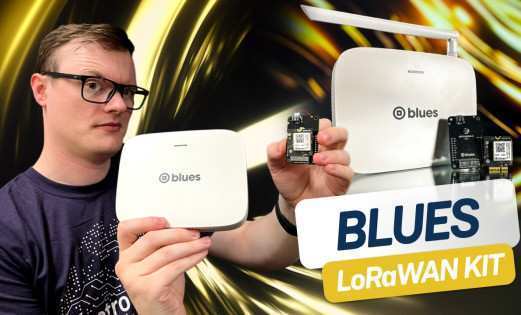
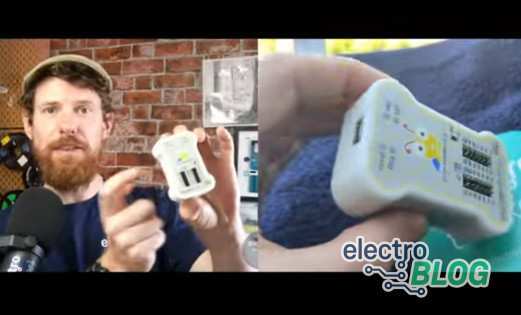
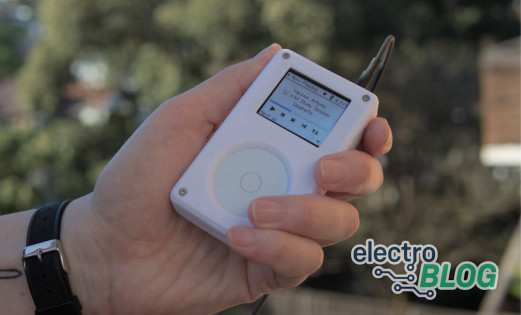
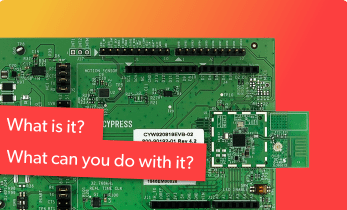
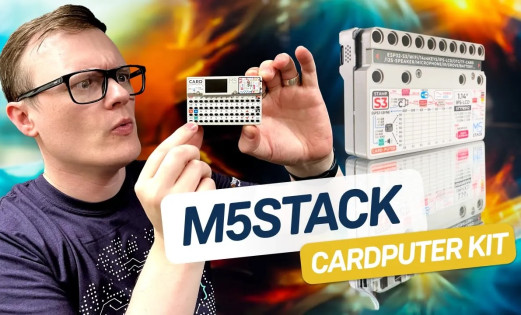

Leave your feedback...